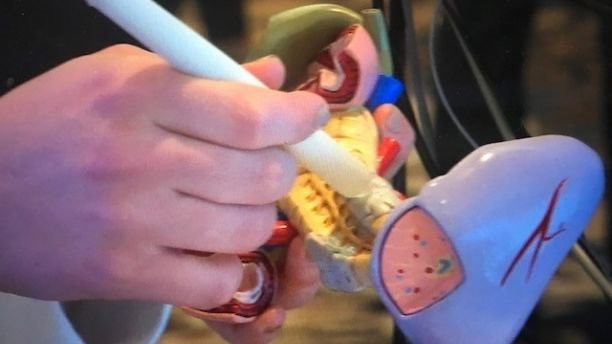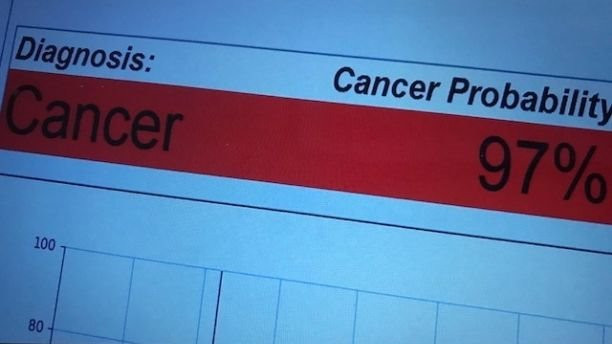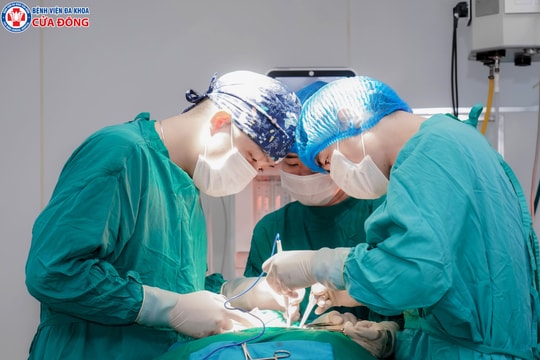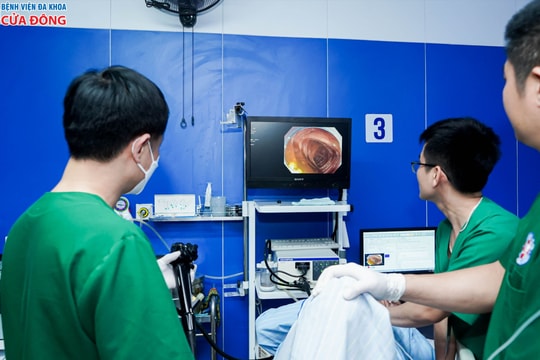Pen detects cancer in just 20 seconds
Imagine being able to detect cancer in seconds. A team of researchers at the University of Texas at Austin say they have developed technology that can do just that.
 |
The MasSpec Pen, being introduced at SXSW this week, can identify cancerous tissue during surgery. |
The MasSpec Pen, being introduced at SXSW this week, can identify cancerous tissue during surgery.
“The MasSpec pen is a handheld device combined with a spectrometer that can diagnose cancer within 20 seconds, while the surgery is taking place,” said Marta Sans, research assistant in the Livia Eberlin Research Group.
Touching the pen to the tissue, it extracts molecules from the tissue and analyzes them. "We can then create a molecular fingerprint, which can tell us whether it's cancerous or not, based on the pen's analysis," Sans said. All this takes just 20 seconds.
For doctors, the technology is truly groundbreaking. Identifying cancerous tissue from normal tissue during surgery is sometimes difficult, and waiting for results from pathologists is often time-consuming.
“The doctor can take the tissue out, send it to a pathologist to be frozen. It takes a long time,” said Dr. Leonard Lichtenfeld, deputy chief medical officer of the American Cancer Society. “In the meantime, everyone has to wait for the pathologist's report to see if the cancer diagnosis is clear.”
Furthermore, not being able to remove all of the cancerous tissue during surgery can create more complications, Lichtenfeld says.
“The real question is, if you don’t get all the cancer cells out, will the cancer cells stay in one place? In fact, the tumor cells can stay, even migrate to other parts of the body at a later time,” Lichtenfeld says.
 |
In testing, the cancer pen diagnosed four types of cancer – breast, thyroid, ovarian and lung – with over 96% accuracy. |
But just because a pen can diagnose cancer quickly doesn’t mean it’s not accurate. Researchers say after analyzing 300 patient samples, they were able to diagnose four types of cancer – breast, thyroid, ovarian and lung – with over 96% accuracy, eliminating the risk of removing abnormal tissue.
“It will bring many benefits to patients and the health system,” Sans said.
Still, Lichtenfeld remains cautiously optimistic.
“We have to remember that there is a long way to go from concept to proving it actually works, to having it used by doctors in real life. We don't know the answers yet, and clearly, researchers understand that they have more work to do,” he said.
The MasSpec pen has not yet been tested on humans during surgery. Over the next few months, the device will be installed at Texas hospitals: Dell Medical School, MD Anderson Cancer Center, and Baylor College of Medicine.
Additionally, the process for FDA approval of this technology can also take several years.

.jpg)


